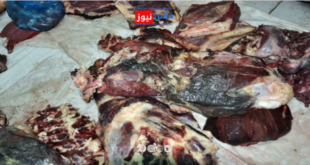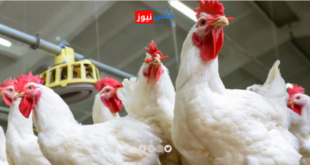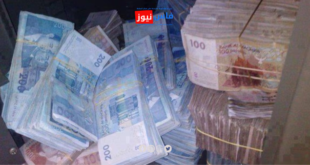The Moroccan Ministry of Agriculture’s forecasts have revealed an expected decrease in olive production for the 2024/2025 season by 11% compared to last year, and 40% compared to normal seasons, leading to unprecedented increases in olive oil prices amid consumer concerns.
Rachid Benali, President of the Moroccan Interprofessional Olive Federation (Interprolive), explained that the drought affecting Morocco in recent years is the main reason behind this sharp price increase. He added that unusual heat waves negatively impacted the flowering season, while production costs doubled from one dirham to two dirhams per kilogram.
To address this shortage and rising prices, Moroccan authorities decided to allow olive oil imports with customs exemptions. These measures include exempting a quota of 2,000 tons from customs duties from Europe, with an additional 10,000 tons to benefit from the same exemption before year’s end. As for imports from Tunisia, they are not subject to any customs duties or quantity restrictions.
Benali confirmed that imports will be limited to only two types of olive oil: extra virgin and virgin, emphasizing the necessity of quality control and prohibiting oil blending.
Despite current challenges, the Federation’s president expressed optimism about the sector’s future, noting that olive trees are known for their natural resistance to drought. He added that the limited losses experienced in some regions, particularly in the Marrakech-Safi area, can be easily recovered.
Benali concluded his statements by affirming that olive oil will remain a strategic product for Morocco, and there is no need to worry about the sector’s future. The results of import measures and their impact on prices are expected to become apparent in the coming days.
 فاس نيوز ميديا جريدة الكترونية جهوية تعنى بشؤون و أخبار جهة فاس مكناس – متجددة على مدار الساعة
فاس نيوز ميديا جريدة الكترونية جهوية تعنى بشؤون و أخبار جهة فاس مكناس – متجددة على مدار الساعة













